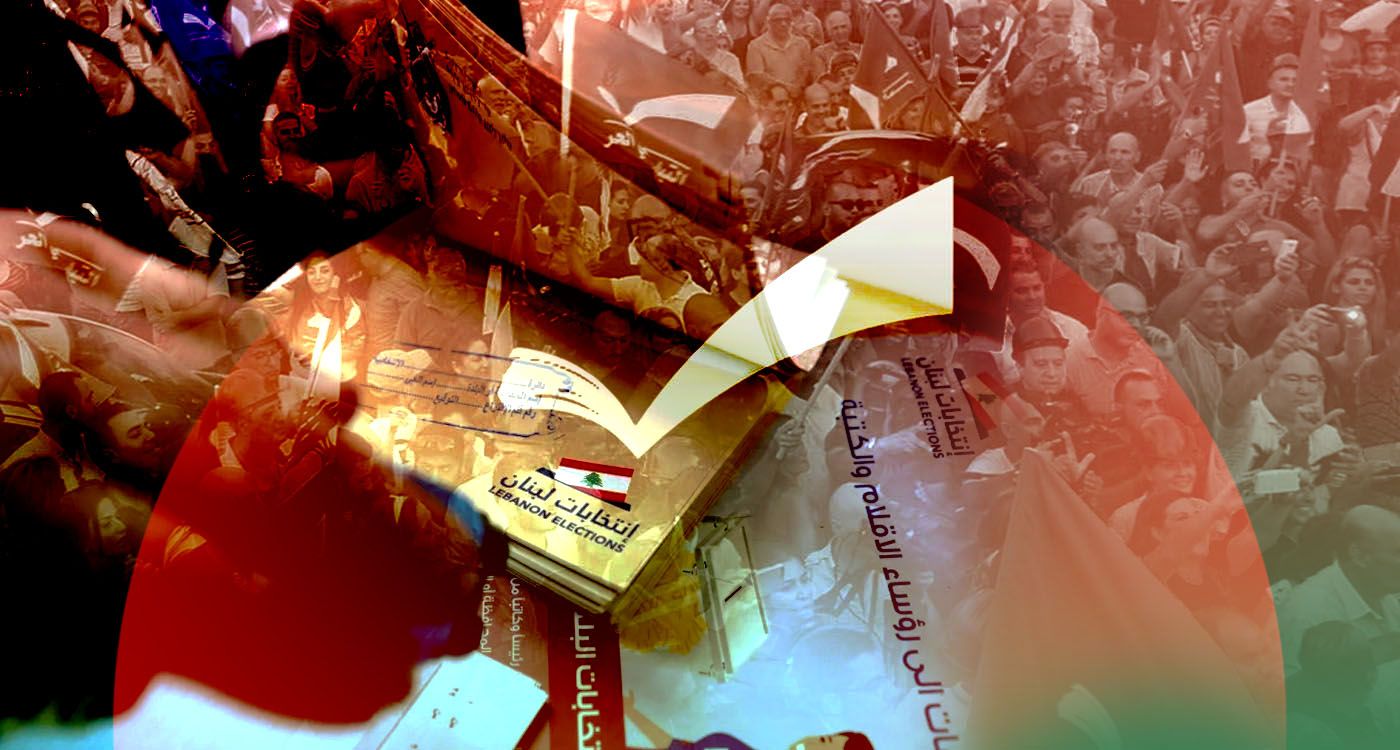
When Michel Aoun returned from French exile in 2005, he arrived with sweeping slogans and the confidence of a man fully in control of his political momentum. This tone gradually diminished once he became the head of state.
At the time, he championed stronger Christian representation and pushed the boundaries of the powers allotted to him under the Taif Accord, to the point that other religious communities began feeling the need to secure someone to reform their representation.
Aoun treated the prime minister as a subordinate and viewed the speaker of parliament as a rival he reluctantly had to ally with.
Michel Aoun made anti-corruption and reform central pillars of his agenda, as they were causes he advocated for years. He built a parliamentary bloc of 25 MPs, secured 10 ministerial posts along with the presidency and wielded considerable influence over judicial and state appointments. Yet, by the end of his tenure, he was widely perceived as complicit in another form of corruption, since he turned a blind eye to the misconduct of those he had placed in key state institutions. These individuals would later be held accountable for Lebanon’s devastating financial and economic collapse, spanning the Ministry of Finance, the energy sector and beyond.
What stands out most in Michel Aoun’s anti-corruption campaign is his choice of alliances. Upon returning from France, Aoun forged unexpected partnerships, aligning himself with figures long accused of corruption. He maintained these alliances until shifting political dynamics drove them apart—only for fate to bring them back together during the 2025 municipal elections.
One illustrative example is the Free Patriotic Movement’s strategic alliance in northern Metn with Michel El Murr—grandfather and then grandson. In 2005, the partnership with former Minister Michel El Murr was viewed as a critical electoral asset, prompting the FPM to overlook his record, long tainted by allegations of corruption, particularly during the peak of Syrian dominance in Lebanon.
At the time, Michel El Murr enjoyed Syrian backing and exercised wide-ranging influence—from bribing MPs during presidential elections to enabling illegal construction, such as the addition of extra floors, which distorted the public landscape in Metn. Yet, political necessity prevailed: in 2005, the FPM allied with Murr and later renewed the alliance with his astute grandson, MP Michel El Murr, who, to date, has made no significant political impact and likely never will—setting the stage for the next parliamentary elections.
The FPM’s strategy appears to be multifaceted. Its primary objective is to consolidate control over service networks in Metn to maximize votes in the upcoming parliamentary elections. At the same time, it seeks to settle scores—with figures who have abandoned the movement and with the Lebanese Forces (LF), which captured the Catholic seat previously held by Eddy Maalouf. Aoun’s retaliatory tactics are focused largely on the Orthodox community, particularly targeting Elias Bou Saab, in Metn. Seizing the moment, the FPM renewed its alliance with MP Michel El Murr to secure one of the district’s top two seats, thereby indirectly pressuring the LF or Kataeb to back an alternative Orthodox candidate and effectively block Bou Saab’s path.
A similar approach played out in Jezzine, where the FPM turned a blind eye to more than two decades of corruption allegations against the Amal Movement. It also set aside its long-standing feud with Speaker Nabih Berri, who was once accused by the FPM of blocking Michel Aoun’s path to the presidency. In a quite calculated move, the FPM forged an alliance with former MP Ibrahim Azar to secure two parliamentary seats in 2026, take control of the Jezzine municipal union and curb the influence of the Lebanese Forces, who had previously won two seats in the district—largely due to the FPM’s own electoral missteps.
In this political marketplace, municipal unions and parliamentary seats have become bargaining chips in the FPM’s evolving strategy, where alliances are struck and seats traded with little regard for principle. It no longer matters who allies with whom—whether the Murr family maintains its grip on Metn or the Amal Movement secures an additional Christian seat alongside its own in Zahrani, a district shaped by the arbitrary geographic divisions imposed in the south.
These are the so-called “Free National Principles.” Ultimately, what counts for the FPM is the size of the parliamentary bloc and the ability to control all the levers of power.



Comments